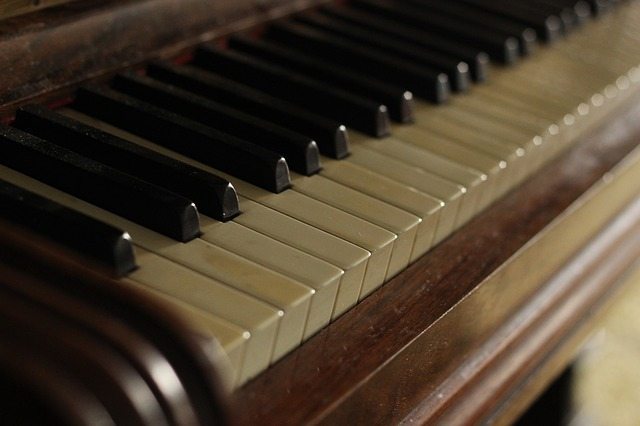A Used Piano Via Private Sale is a Big Risk
I get a lot of questions from people asking me about the pros and cons of buying a used piano from a dealer, as opposed to a private seller. To put the issue to rest, I decided to address this question head-on.
As with any large purchase, when looking for a piano you’re trying to find a great deal on an an investment that will serve you for years to come. And naturally, it’s tempting to think that purchasing a used piano through craigslist or the newspaper classifieds will end up saving you money. But what is the actual cost of choosing a private party, versus a trustworthy dealer that specializes in evaluating and servicing pianos before listing them for sale?
From my years of experience as a piano service and sales professional, I can tell you that the risks—and associated expenses—of buying a used piano from a private seller significantly outweigh whatever the initial difference in list price might be. From stubborn tuning problems to invisible flood damage, there are many reasons to be wary of buying from a private seller.
Let’s take a closer look at some of the concerns:
Pianos kept in sub-par environmental conditions
Because they are made from organic materials, pianos are at the mercy of the environment in which they are played and stored. When it comes to the biggest risk factors for the health and longevity of a piano, humidity and temperature are the two important variables. Technically speaking, it is actually the combination of these factors, called relative humidity, that has an impact on your piano.
Relative humidity, known as RH, is the amount of moisture contained in the air compared with the maximum amount of moisture the air is capable of holding at any given time. Temperature and humidity both affect RH, so it is important that they be controlled together in order to preserve the integrity of the piano. When you’re checking out a used piano that has not been inspected by a qualified technician, you can’t know with certainty that the piano has been kept in ideal conditions.
So what are the potential consequences of keeping a piano in the wrong RH, or keeping it in an environment with fluctuating temperature and humidity? Well, as the weather changes from day to day, and particularly from season to season, these fluctuations create a back-and-forth stress on the materials in the piano.
Especially worrisome are the expansion and contraction of the wooden components of in the instrument. On the surface, this will manifest as the piano going out of tune, but underlying problems such as cracks in the soundboard can be much more expensive to repair. And if the changes in RH are extreme enough, or continue for a long period of time, the piano will eventually become impossible to tune. I can assure you, that is not a fun thing to find out after spending thousands of dollars on an instrument!
Humidity and temperature can also inflict wear and tear on other, smaller parts of the piano. From the keys, to the glued joints holding your piano together, to the metal hardware throughout the instrument, everything in a piano is subject to effects of changes in RH. Without an expert eye and ear, you’ll be hard-pressed to make a thorough assessment of this potential damage.
Damage from a traumatic event
There are many ways that a piano can be damaged acutely in a single event. Most obviously, damage can occur in the transport of the instrument. The simple acts of moving a piano, transferring it into and out of a vehicle, and setting it down from any height can all be detrimental to its structural integrity.
Sometimes this type of damage is not readily visible, but can cause problems down the line. It’s important to realize that the stress from moving is cumulative, meaning that the more times a piano has been moved, the great potential for damage there is.
Another type of acute damage is caused by spills of any kind. As described above, any kind of moisture can cause problems with your piano. Spilling any kind of liquid onto a piano can cause localized swelling of wood, or other issues depending on the materials the liquid comes in contact with. Again, this is the type of blemish that might be hard to detect for someone without experience in evaluating pianos.
Smoke damage is another concern, and can occur with either repeated exposure to small amounts of smoke, for example from cigarettes, or from a more serious event like a fire. Keep in mind that while a piano might not appear to have smoke damage, there may be residues in parts that are not easily visible.
Unless you’re an expert, save yourself the trouble and buy from a dealer!
Having seen countless used pianos with all sorts of problems, some repairable and some requiring a complete rebuild, I could go on much longer about all the risks inherent in the buying process. But I think you get the idea—a used piano purchase can cause serious headaches down the road if you don’t buy from a reputable dealer. Give yourself peace of mind by buying an instrument that will bring you joy and last a lifetime!







